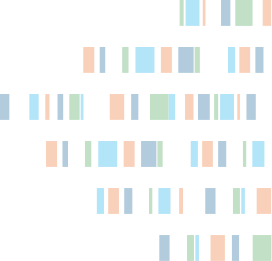A new generation of cell-free transcription-translation (TXTL) systems, engineered to have a greater versatility and modularity, provide novel capabilities to perform basic and applied sciences in test tube reactions. Over the past decade, cell-free TXTL has become a powerful technique for a broad range of novel multidisciplinary research areas related to quantitative and synthetic biology. The new TXTL platforms are particularly useful to construct and interrogate biochemical systems through the execution of synthetic or natural gene circuits. In vitro TXTL has proven convenient to rapidly prototype regulatory elements and biological networks as well as to recapitulate molecular self-assembly mechanisms found in living systems. In this article, we describe how infectious bacteriophages, such as MS2 (RNA), ΦΧ174 (ssDNA), and T7 (dsDNA), are entirely synthesized from their genome in one-pot reactions using an all Escherichia coli, cell-free TXTL system. Synthesis of the three coliphages is quantified using the plaque assay. We show how the yield of synthesized phage depends on the biochemical settings of the reactions. Molecular crowding, emulated through a controlled concentration of PEG 8000, affects the amount of synthesized phages by orders of magnitudes. We also describe how to amplify the phages and how to purify their genomes. The set of protocols and results presented in this work should be of interest to multidisciplinary researchers involved in cell-free synthetic biology and bioengineering.

Home » Synthesis of Infectious Bacteriophages in an E. coli-based Cell-free Expression System
Publications
Synthesis of Infectious Bacteriophages in an E. coli-based Cell-free Expression System
myTXTL
Daicel Arbor Biosciences
5840 Interface Dr. Suite 101,
Ann Arbor, MI 48103
1.734.998.0751Ann Arbor, MI 48103
©2024 Biodiscovery LLC
(d/b/a Daicel Arbor Biosciences)
All Rights Reserved.
(d/b/a Daicel Arbor Biosciences)
All Rights Reserved.
Design and development by Raincastle Communications.
